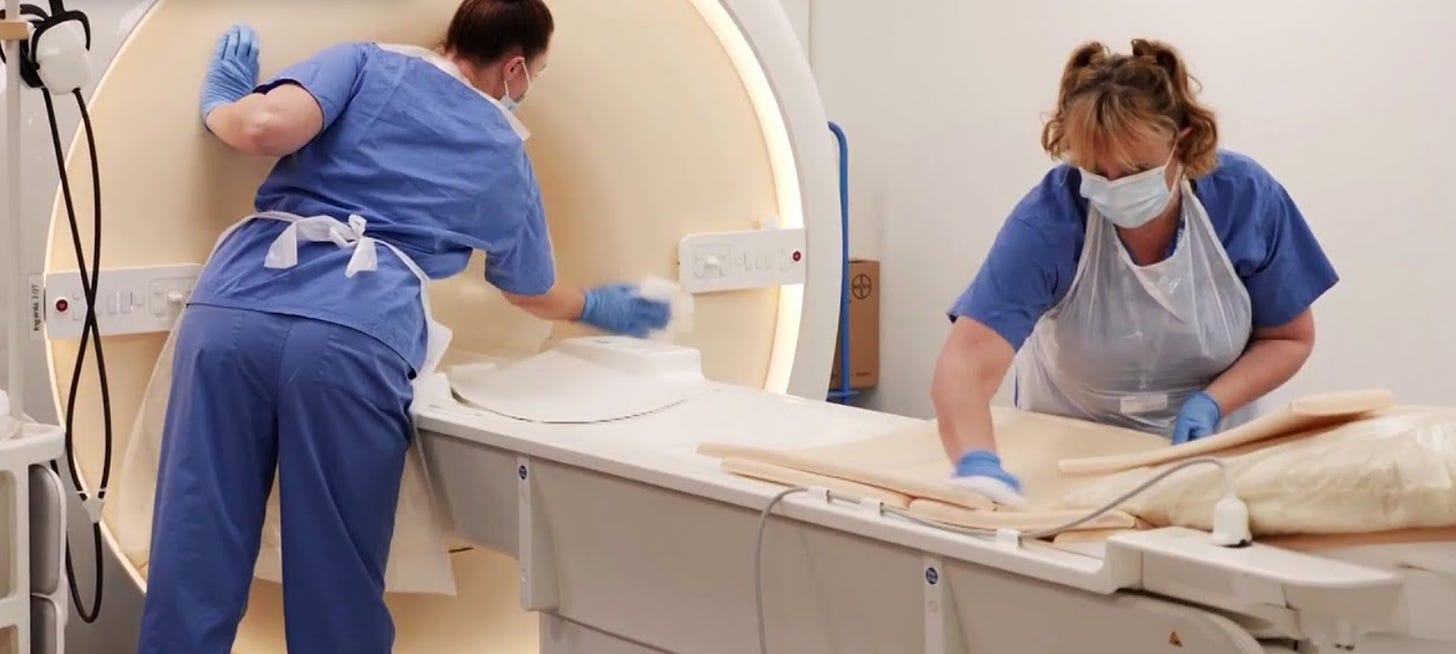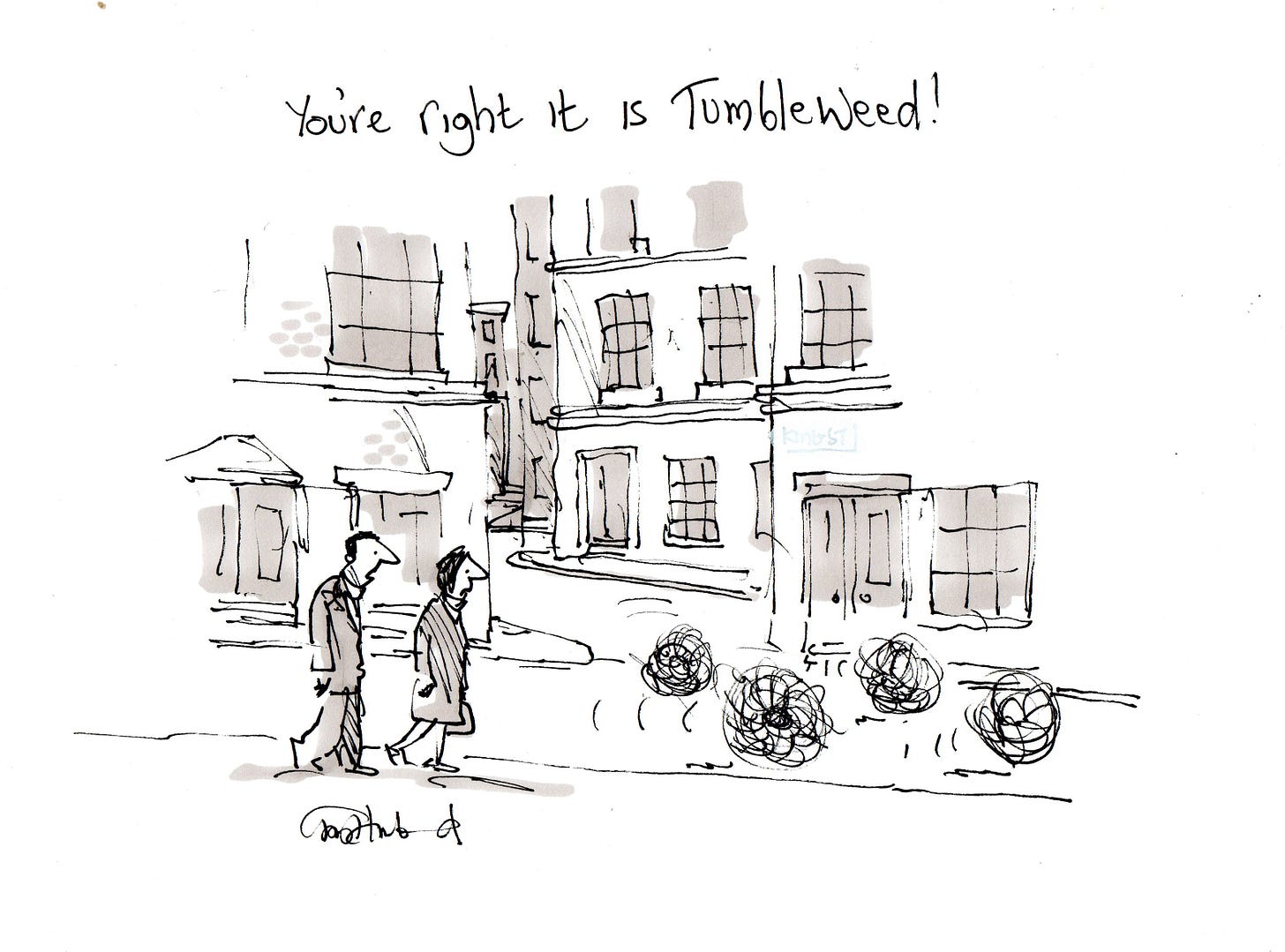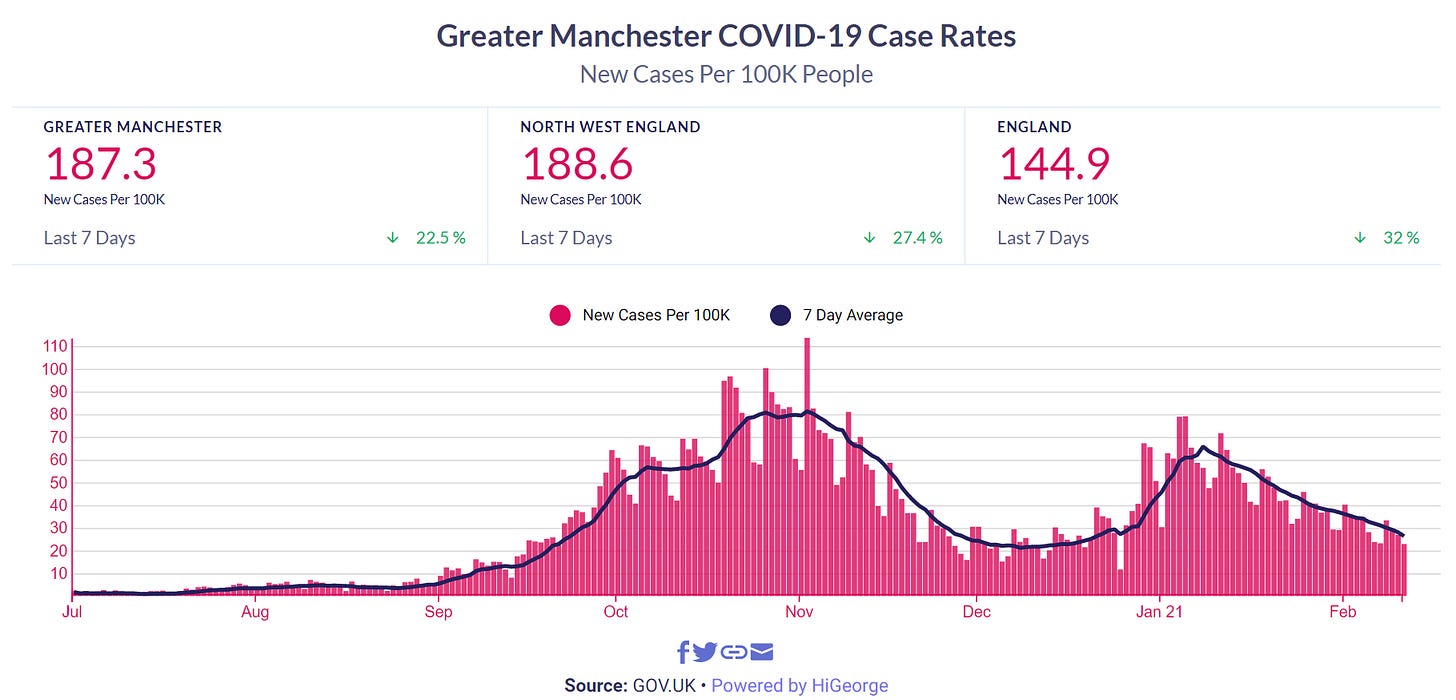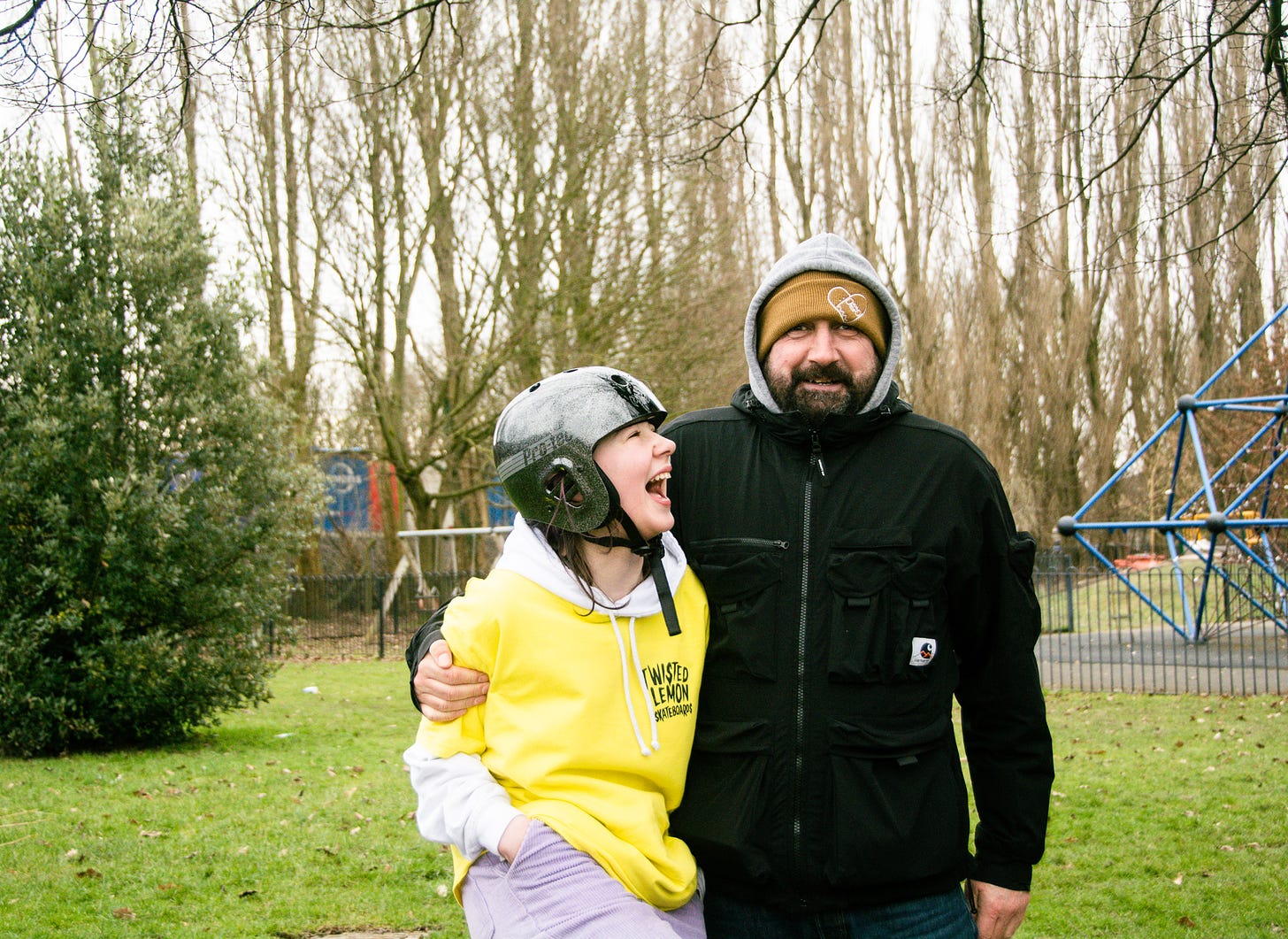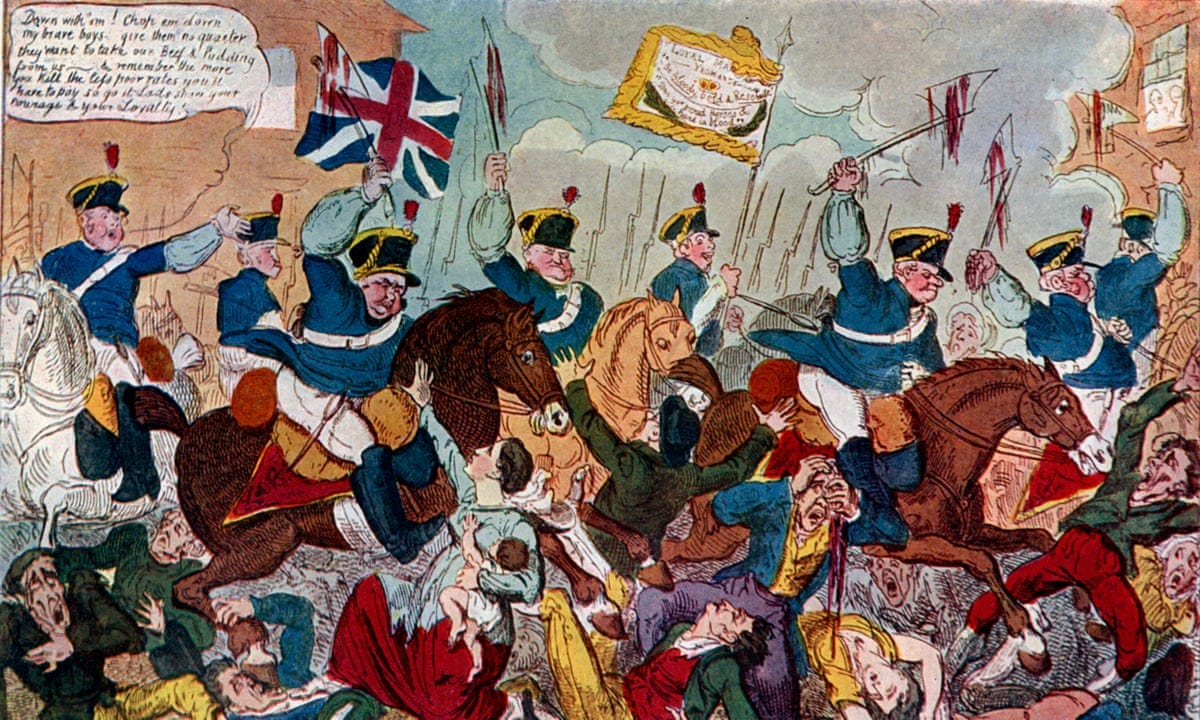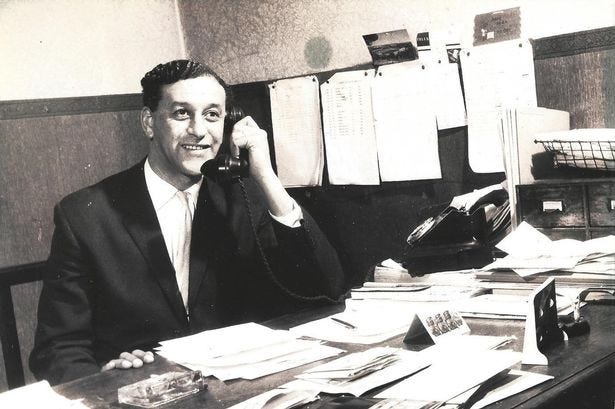'Very worrying' delays as Greater Manchester's cancer backlog triples
Plus, a reader tells us: 'I don’t think you need to give a platform to those who are acting in bad faith'
Good afternoon — today’s briefing contains concerning new data about cancer waiting lists in GM, a great list of recommendations for how to keep yourself entertained this week and some interesting letters from readers.
If you missed our weekend read yesterday, it was a brilliant feature by Andrea Sandor on the “low traffic neighbourhood” initiative in Levenshulme. Andrea worked on this story over a period of six months, and we’ve had lots of emails from readers who admired the depth and nuance of her reporting. Welcome to all our new Millers who joined the list after reading that piece!
A quick request: We are looking for some cheap office space in the city-centre starting this Spring — space for a few desks ideally. If you know of an ideal spot or have a space you aren’t using, please just reply to this newsletter.
The big story: ‘Very worrying’ cancer delays
Top line: There has been a marked increase in the number of patients experiencing long waits for their cancer operations as a result of pressure on hospitals caused by the pandemic.
Internal NHS papers seen by the Health Service Journal show that in the North West, the number of patients having to wait 15 weeks for their operation is three times higher this year compared to this same time last year, up from 289 patients to 831.
The story reports: “Senior sources told HSJ the increase had been largely driven by acute providers in Greater Manchester and Merseyside.”
The Mill understands that the number of cancer patients waiting 15 weeks or more has tripled in Greater Manchester specifically.
How it works:
Cancer patients are supposed to be treated within 62 days of being referred, but the number in the North West not receiving their operations within that window has increased 60% compared to the same time last year.
Instances where patients have to wait more than 104 days (or 15 weeks) for their treatment “are generally considered serious breaches, and typically trigger a process to identify if the delay has caused harm to the patient,” says the HSJ.
Professor Neil Mortensen, president of the Royal College of Surgeons of England, calls the growing backlogs “very worrying”.
We asked Lawrence Dunhill, who broke this story, what’s causing these numbers to shoot up. He told us this morning:
The NHS has been doing all it can to preserve cancer treatments during the pandemic. But those areas hardest hit — including Greater Manchester — have had to use a higher proportion of their staff and operating theatres for providing Covid care, which has meant cancer and other urgent cases being cancelled and rescheduled in some cases.
On an individual level these delays will be devastating and there should be reviews carried out in each case to assess if any deterioration in the individual's condition has occured as a result. Beyond this, a mammoth effort will be needed this year to work through these backlogs, not just for cancer but for all the routine treatments which have had to be stood down.
National context: The backlog of cases that have waited beyond 15 weeks across England at the start of this month was 6,109, compared to 3,000 a year ago. That’s still a doubling, but not as steep as the GM increase.
The response: NHS England says the vast majority of cancer care is continuing, adding: “The NHS message is clear, people should continue to come forward for routine screening or get checked if they have a worrying symptom.”
Cartoon by Mill member and longtime Private Eye sketcher Tony Husband. We published a moving interview with Tony last week, which Mill members can read here.
Here’s an extract from the piece:
“I was a hippy," he says. “I once got beat up in Manchester by a bunch of skinheads. I’m not a fighter so I took my revenge in other ways, by putting skinheads in cartoons I was doing for Private Eye. After a while the editor Ian Hislop wrote directly to me and said he wanted a regular strip about the skinheads.”
That became Yobs, and it started 36 years ago. It’s still running today, and it’s what helped him give up his day job and become a full-time cartoonist working for a diverse range of clients from national newspapers to top-shelf magazines to kids’ comics to tackling hard-edged subjects in a series of books.
This week’s weather
The location of this forecast is Manchester and it’s sourced from the Met Office.
Covid-19 update
We haven’t seen any dramatic changes in the local picture since last week, although the hospital data has become more encouraging.
Case rates: The GM rate is still falling, now down to 187.3, while England’s rate falls faster, down to 144.9. See the dashboard below for the latest rates, and the graph for the number of new confirmed cases per day in GM.
Hospitals: The number of GM Covid patients in critical care fell for the first time since early January last week — 160 patients, down from 170 the week before. Hospitalisations with Covid are also now falling.
Vaccination: 18.8% of people in GM have now been vaccinated with their first dose, or 535,494 people. When that number was calculated last week, the rate of progress in England was 19.6%.
Home of the week
This one bedroom mezzanine flat in Britannia Mills, Castlefield has vaulted wood beam ceilings and lots of exposed brickwork. It’s on sale for £240,000, with an interesting disclaimer about timber frame windows being replaced by aluminium ones…
Five stories worth reading
1. Shipping container village
Plans for a 40-unit housing development in Castlefield offering opportunities for “vulnerable and homeless men” to live in shipping containers and gain work have sparked interest recently. Lucy Holt, writing for the left-wing Tribune magazine, isn’t impressed. “The move is part of a trend of inhumanity disguised as stylish efficiency,” she writes, adding that the containers are smaller than the national space standard for one person, one-bed studios.
2. Northern ‘big bang’
The government should create an economic “big bang”, similar to the Thatcherite deregulation of the City in the 1980s, according to a report published this morning by the Centre for Policy Studies think tank in conjunction with the Northern Research group of Conservative MPs. The report’s proposals include cash incentives for major investors and creating a new northern infrastructure bond aimed at global investors, reports The Guardian.
3. Carbon-neutral GM
“As we seek to rebuild our economy, there is an unprecedented opportunity to do so in a way which does not forfeit the environmental improvements seen over the last 6 months,” writes Andy Burnham in a guest post for the Manchester Science Festival. He explains some of the ways he and his team are working towards carbon-neutral living in GM in 2038 — will they be sufficient?
4. Anonymous evidence
A senior MI5 officer will give evidence from behind a screen at the public inquiry into the Manchester Arena attack after chairman Sir John Saunders ruled there would be "a real and immediate risk to the officer's life" if his identity was made public, the BBC reports. Families of the 22 people murdered in the 2017 bombing had argued against anonymity.
5. Electric scooters come to Rochdale
A scheme that will bring hundreds of electric scooters to the streets of Rochdale has been given the green light, the Local Democracy Service reports. Anyone who has visited Berlin in the past few years will know how ubiquitous these kinds of scooters have become in some cities, where they divide opinion. The Rochdale pilot is set to begin in the Spring.
13-year-old skateboarder Molly and her dad David share a moment at Lostock Park, Stretford this weekend. "I'm proud she's different", David told Dani Cole, who took this photo and is writing a piece out about female skaters in the lockdown. Join The Mill as a member now to get that piece in your inbox.
Things to do this week
Art | Manchester artist Justin Eagleton is hosting free art classes every Thursday. You’ll learn the basics of drawing, sketching and illustrating. If you think you’re ready to learn a new skill, you can register your interest here.
History | If you want to sharpen your mind, the People’s History Museum have developed an online course: “Peterloo to the Pankhursts: Radicalism and Reform in the 19th Century.” You’ll learn from expert archivists, curators and historians. Get started here.
Literature | For The Mill’s polyglots, Manchester in Translation, hosted by Comma Press, is running from 16-18 February. You’ll get to develop practical skills for literary translation and learn about the life of the translator and how to get work.
Theatre | HOME have released two brand-new digital works by Hot Brown Honey and Esosa Ighodaro. The works are part of their Homemakers series, which launched in April last year.
Podcast | We took a trip down memory lane and listened to Radio 4’s Desert Island Discs episode with Elbow frontman Guy Garvey. “For a long while his devotees were well versed in the art of delayed gratification.” If you’re not familiar with Elbow, we recommend their album ‘The Seldom Seen Kid’.
Book of the week | In a critical introduction to The Book of Witches, Dr Adam Dalton from MMU examines historical ideas about women and the supernatural. The book also includes new stories about the Pendle witch trials.

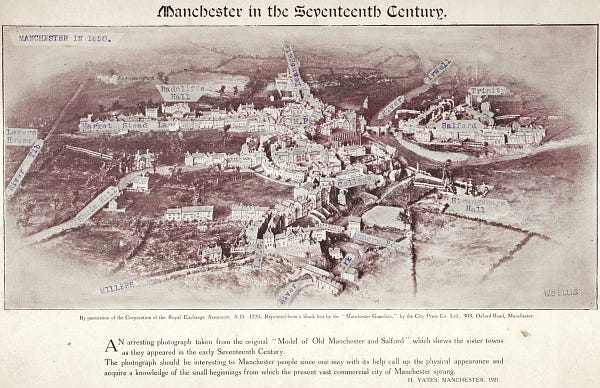
Letters to the editor
Thank you for covering the Levenshulme LTN issue. Living through this, in some ways, has been really difficult over the last few months. Whilst reporting on the current state of affairs is absolutely valid, I do think that some elements of the piece risk inflaming tensions further, including for example the headline. My main concern, however, is this: you have amplified the opinion of an individual against the LTN who is actively presenting a divisive message. In contrast, the LTN advocate quoted acknowledges the division and doesn’t point fingers at his fellow residents. Quoting “Jane” verbatim referring to “hippies” and “long term residents” is just amplifying the kind of offensive, nativist nonsense that we can find on the local Facebook page. There are no “million pound houses”. It’s a lie, and by presenting this viewpoint as a reasonable disagreement, on a par with a representative of a public, community-led organisation like Streets for People, is simply wrong. There are plenty of issues or questions that a reasonable person could have about the LTN. However, in reporting the story and covering both sides, I don’t think you need to give a platform to those who are acting in bad faith. Tom Saunders, Levenshulme

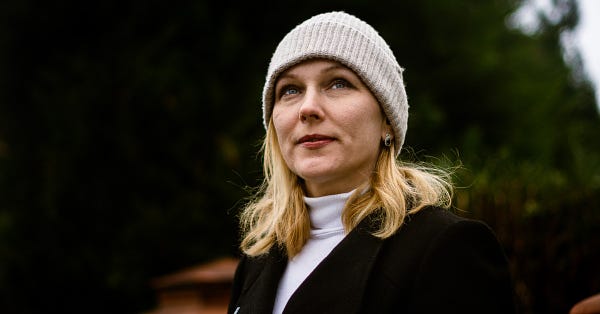
So Gary Nolan of One Bus admits there are 'issues' with the current bus sytem (‘The arguments for bus franchising — and the man bitterly opposing it’)? He and his fellow bus operators have had since 1985 to get it right and have done nothing- and now suddenly, at the threat of losing their nice little earner, they have deigned to weigh in with their point of view. I was a regular bus user before and after privatisation, and I can tell him that the pre-privatised system — though not perfect — was much better, easier to use and more reliable. I'm sick and tired of companies exploiting public services for their own gain and giving little or nothing back to the service user. It's time to take a stand and change the system to make it more accountable. Elaine Burrows, Manchester
Thanks for giving the “other side” of the bus reform debate proper space in your piece. It’s rare to read an article that actually does in-depth interviews with people arguing both sides like this, and it helped to show the strengths and weaknesses in the arguments for and against franchising GM buses. Ted Futcher, Salford
Obituary: Tony Collins
Tony Collins was the first black British manager in the English Football League, taking charge of Rochdale in 1960. He led the club to the League Cup Final in his second season, which remains Rochdale’s only major final to this day. Collins later became a scout for Manchester United under Ron Atkinson and Sir Alex Ferguson, bringing Lee Sharpe into the club. Lack of diversity within English football remains an issue: in 2020, only six of the 91 Premier League and EFL managers or head coaches were from minority ethnic groups.
Tony Collins, born 19 March 1926, died 8 February 2021.
Support high-quality, independent journalism.
The Mill doesn’t have any corporate backers or investors. We are a truly independent media company trying to build a different kind of local news that focuses on thoughtful writing and in-depth investigation of stories and trends that shape Greater Manchester. We are entirely funded by our almost 800 paying members, who get our journalism in their inboxes five days a week, join our discussion threads and will soon be invited to our in-person events to meet each other and hear mini-talks about the issues we cover.
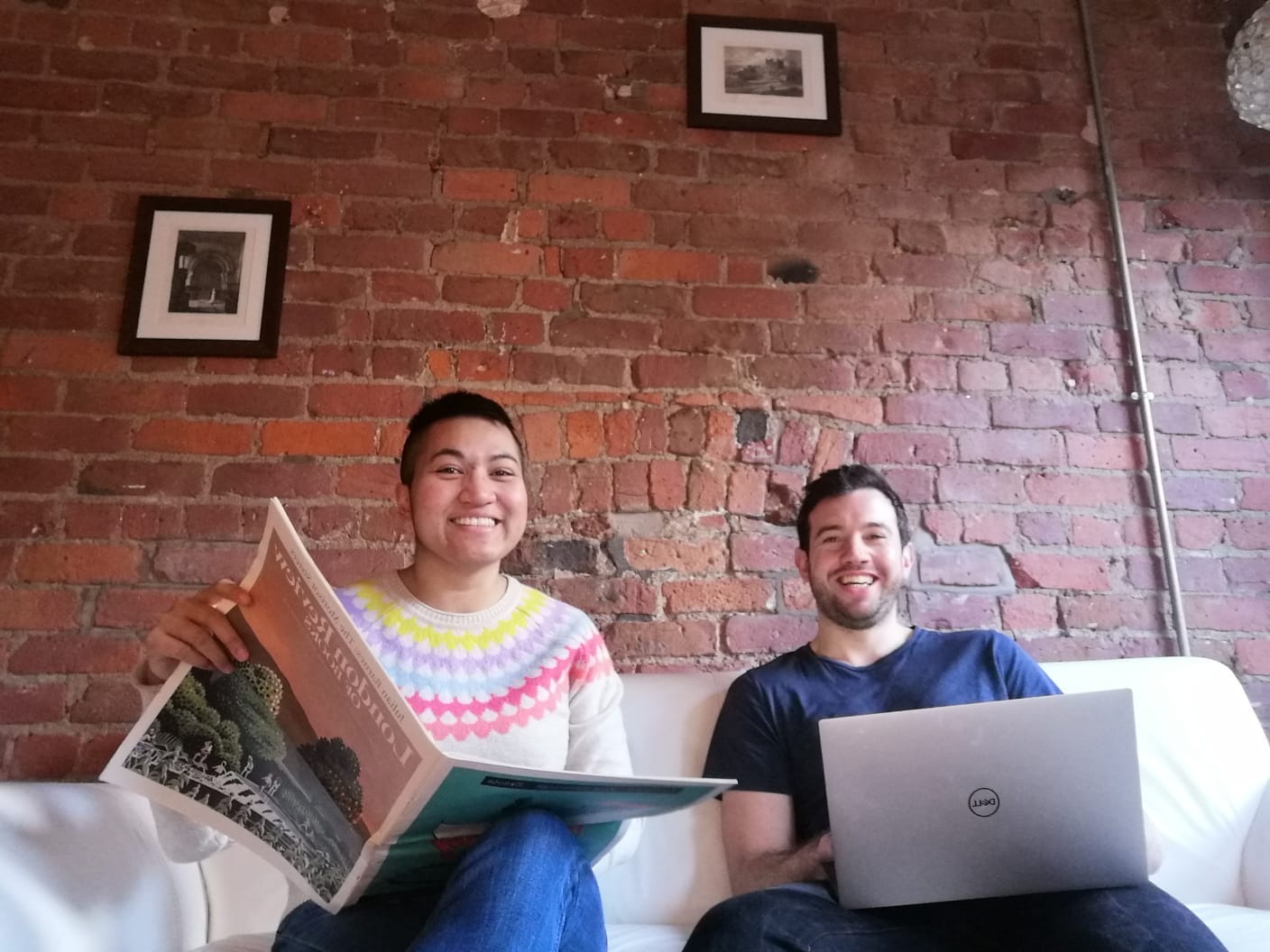
To help us take on more important stories this year and expand our tiny team, please consider joining us as a member today by clicking the button below. You can cancel at any time.





